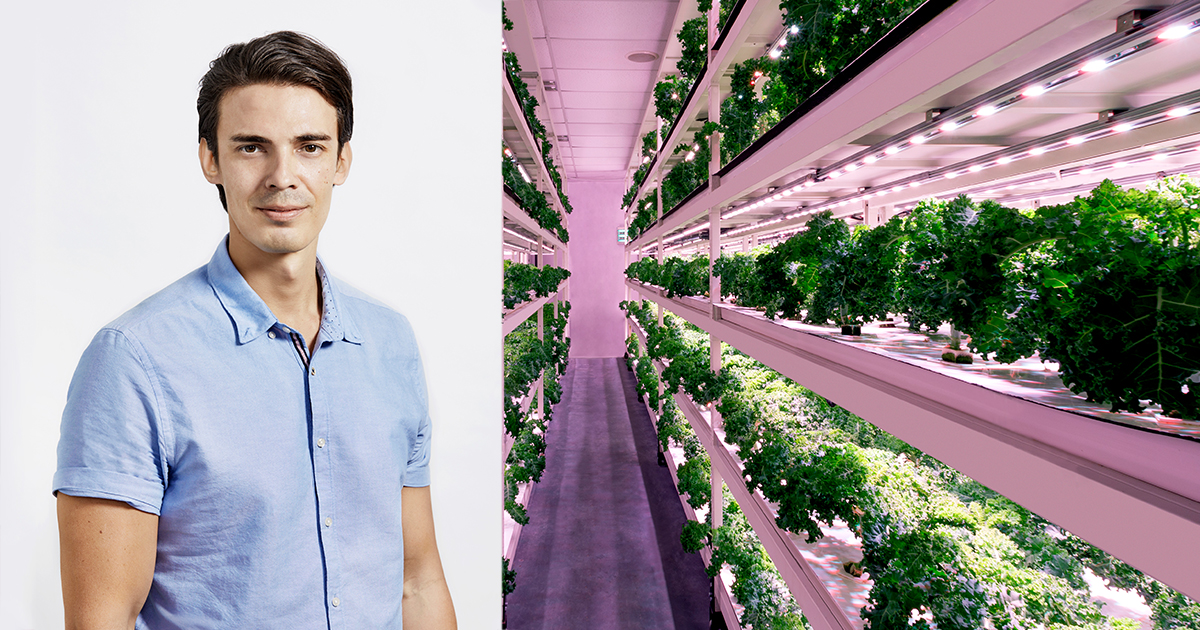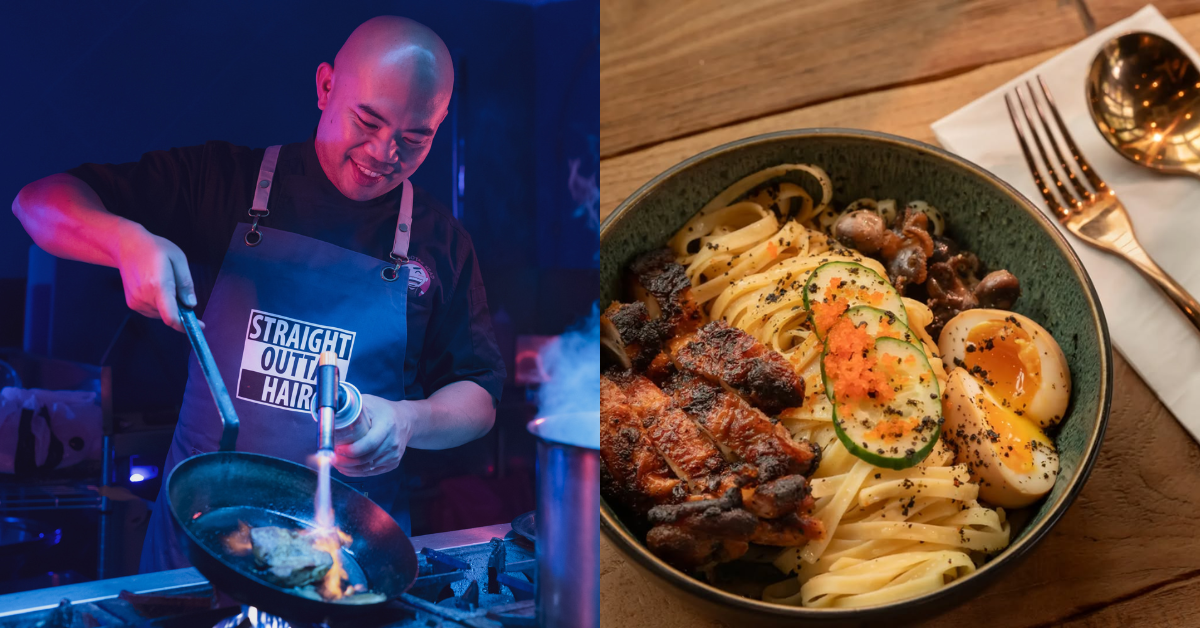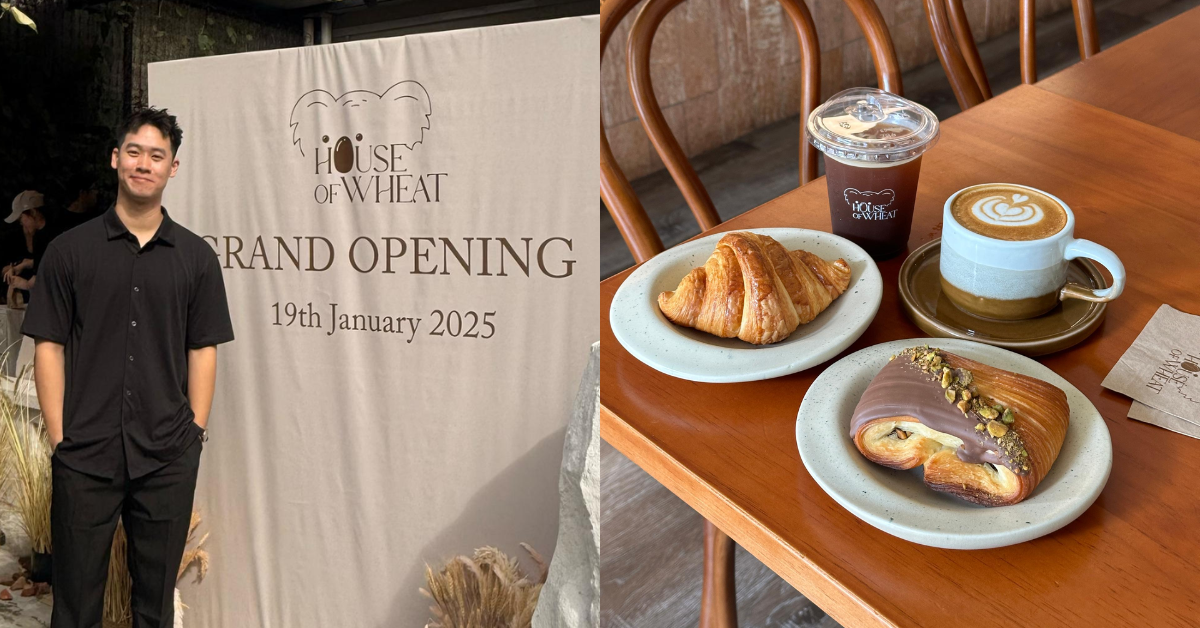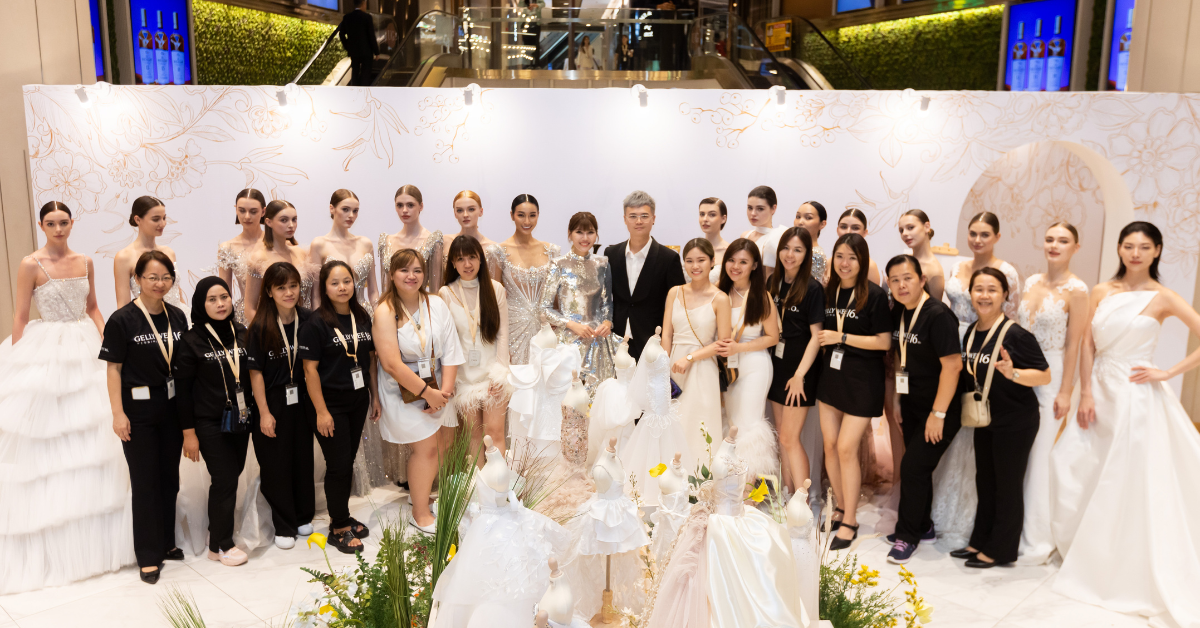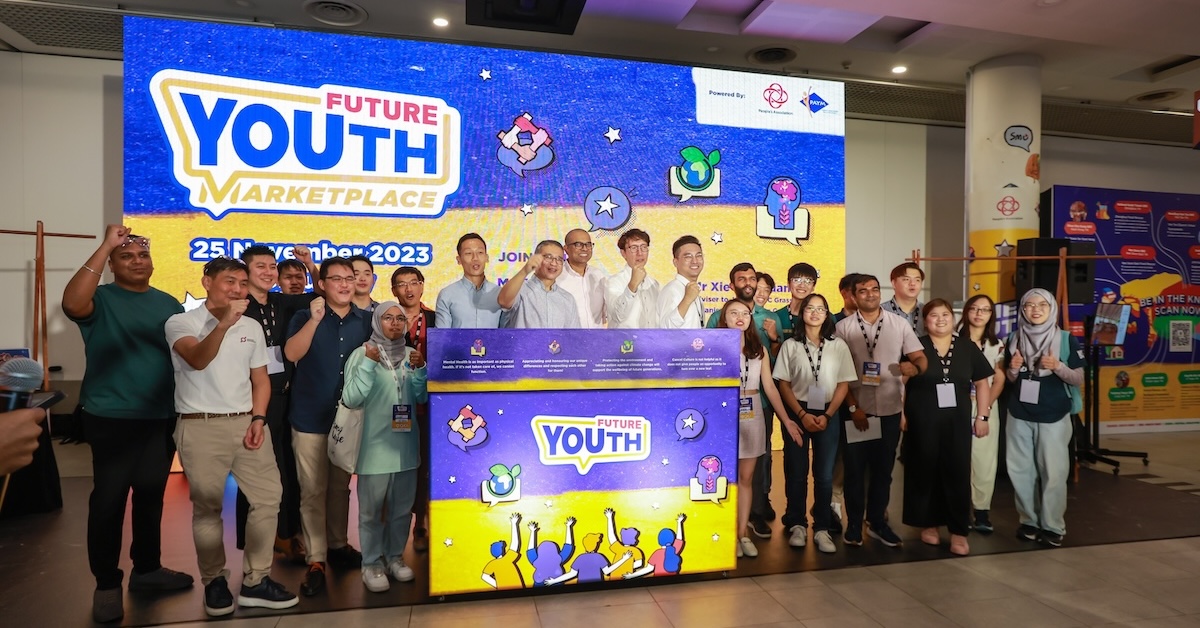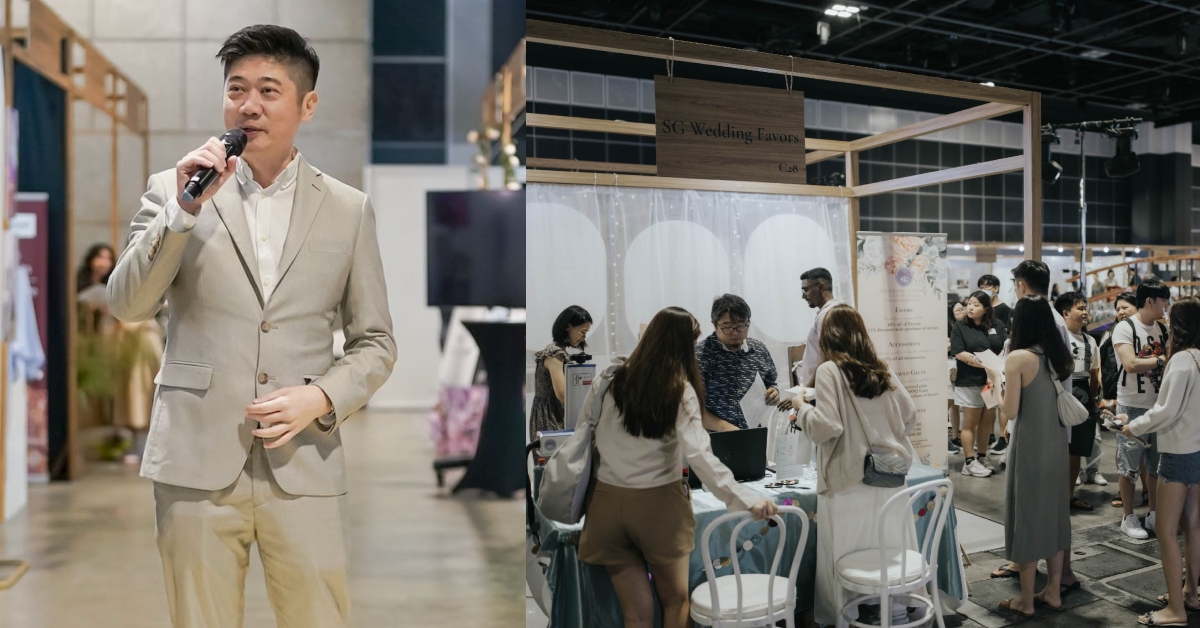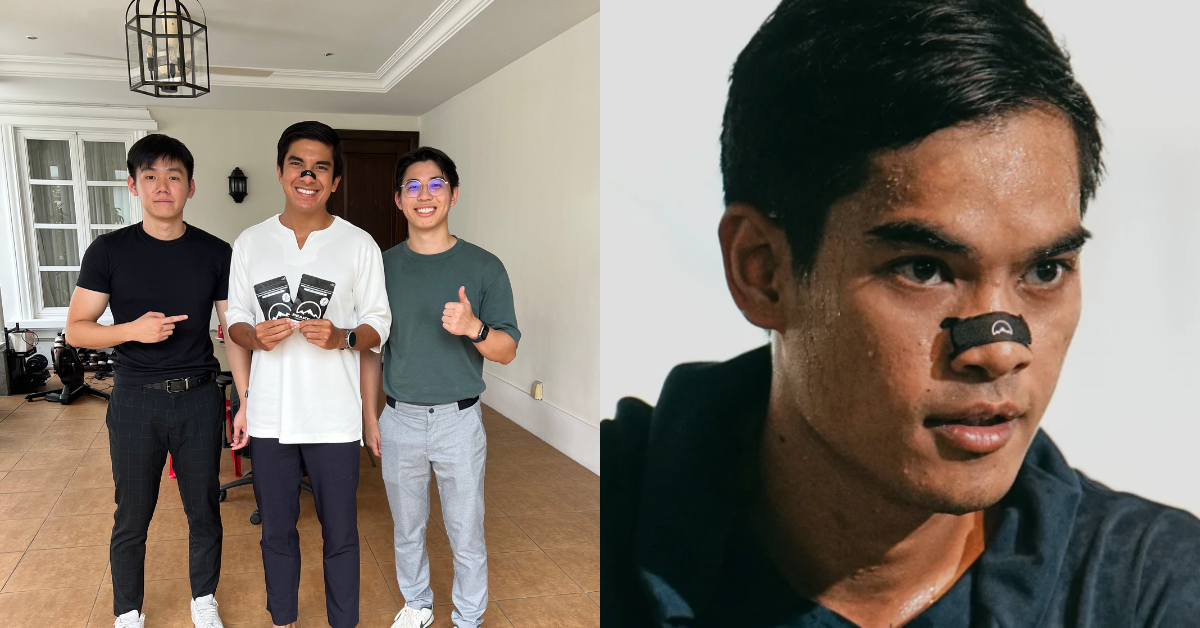Picking through vegetables at the supermarket, we are used to the thought that very little of it was grown and harvested locally.
Farming is not so common in Singapore for two reasons, the first being obviously that land is scarce on our little red dot.
Secondly, our hot and humid tropical climate isn’t suitable for all types of fruits and vegetables, meaning conventional local farms can produce bok choy, but not kale.
No one would ever have thought strawberries could be farmed in Singapore, and we were fine waiting for those flown in from Japan or Korea to go on sale when we wanted a munch.
But in June 2018, one local urban farm made history when it successfully grew and launched its latest product, Splendid Strawberries.

Strawberries are the sixth of Sustenir Agriculture‘s products, and the first fruit among the six.
Before they succeeded in their breakthrough with strawberries, the company has produced lettuce, arugula, basil, and two types of kale in its indoor vertical farm.
An Epiphany On The MRT Ride
Co-founder and CEO of Sustenir, 37-year-old Benjamin Swan, shared his story with us about how he decided to open the urban farm and tackle vegetables impossible to grow in Singapore.
Before doing this, he had been the Regional Vice President of Project Management at Citibank, and never had any background in agriculture.
“I remember this particular moment very vividly,” Benjamin begins.
One day in 2012, as he was commuting on the MRT, he read an article on Facebook about vertical farming that inspired him deeply.

He thought about the gaps in the process, and felt that he could improve it.
“The issue that struck me most was the amount of wasted space, and I had ideas on how I could do things better, if I had my own urban farm.”
That night, I designed a 3D sketch of how I envisioned the ideal urban farm.
Makeshift Farm In A Basement
To learn the basics, Benjamin and his partner, Martin Lavoo, gave themselves a crash course on agriculture with Google and YouTube as their teachers.
“While some may look at it as a disadvantage, not having an agricultural background actually allowed us to think out of the box and discover new approaches,” he says.

They also spoke to professionals in the industry when they travelled, and learned as much as they could from others.
Our first farm was actually a makeshift one, in a basement under a swimming pool, but our commitment to the idea of sustainable farming helped us progress to where we are today.
Benjamin dedicated himself to working through 48 iterations of the design before he was satisfied that his farm would operate at maximum efficiency.
Fully funding the business themselves, Swan and Lavoo officially launched Sustenir Agriculture in 2013.
Controlling Every Environmental Factor
Sustenir embodied a spirit of challenge with their first project to grow kale, a non-native crop that grows in cool seasons.
“We decided to start with kale because it’s notoriously difficult to grow,” Benjamin says.
“We knew that if we could succeed with that, then we would be in a good place in terms of how far we could push the limits of vertical farming.”

They achieve their impossible harvests using hydroponics and Controlled Environment Agriculture, or CEA, which allows them to control every factor within the farm.
It keeps the plants in a perfectly clean environment, free from the effects of pests, pesticides, pollution and contaminated soil.
In land scarce Singapore, CEA can help urban farms grow 14 times the produce per square metre compared to conventional farms.

This technique also lets Sustenir “customise” the taste of their produce.
Benjamin explains, “Our Kinky Kale has a lighter, zestier flavour, while the Toscano is richer and nuttier, two varieties we believe cater nicely to Singaporean tastes.”
Being able to tailor the environment allows the farm not to rely on seasons, and produce sweet and ripe strawberries all year round.

Leaving No Trail Of Waste
Benjamin, who grew up in Sydney, has always been concerned about sustainable practices.
He credits his father, who spent his childhood on a farm, for imparting to him the knowledge that humans can only coexist with nature through respecting and protecting it.
He tells us that CEA farming allows Sustenir to eliminate waste, as the right environmental factors can ensure 100% edible harvest.

In contrast, conventional farms usually end up with at least 33% of harvests wasted.
One of Benjamin’s strongest beliefs is to have more food produced locally and decreasing the reliance on imports.
Singapore imports around 90% of its food from abroad, which affects not just the quality and freshness of the produce, but also carries with it a significant carbon footprint.
Bringing local harvests from the farm to our supermarkets daily is a lot quicker than flying imports in, so vegetables are fresher at the time when they’re bought.
He says Sustenir’s farming methods also make vegetables more cost-effective for customers.
For example, he says, many varieties of kale comprise of some inedible stalks while Sustenir’s kale is completely edible, making it worth more gram-for-gram.

Their kale can be kept for two weeks, and goes at $7 for 150g, which is 20% cheaper than American imports.
Sustenir’s fruits and vegetables can not only be found in over 50 Cold Storage outlets and on RedMart, but are also supplied to restaurants like Tung Lok Group and Salad Stop.
Growing Into Asia
With the launch of Splendid Strawberries in June, Sustenir also unveiled their new research and development lab that aims to bring their efficiency and sustainability even further.
Now that they’ve got strawberries down, Benjamin says they would love to try growing grapes, and even producing their own wine from them.

Beyond their facility in Singapore, their next goal is to expand into Hong Kong, another densely populated and heavily urbanised city.
“The regular supply from traditional farming may not be enough in the near future,” he says.
“We want to fill this gap and ensure a steady flow of fresh produce available all year round for everyone.”
They are also currently developing a programme to help local farmers across Southeast Asia improve the efficiency of their farming methods.
We want to bring the spotlight back to local agriculture.
To keep up with Sustenir Agriculture’s fresh green innovations, visit their website here and follow them on Facebook and Instagram.
Featured Image Credit: Sustenir Agriculture
